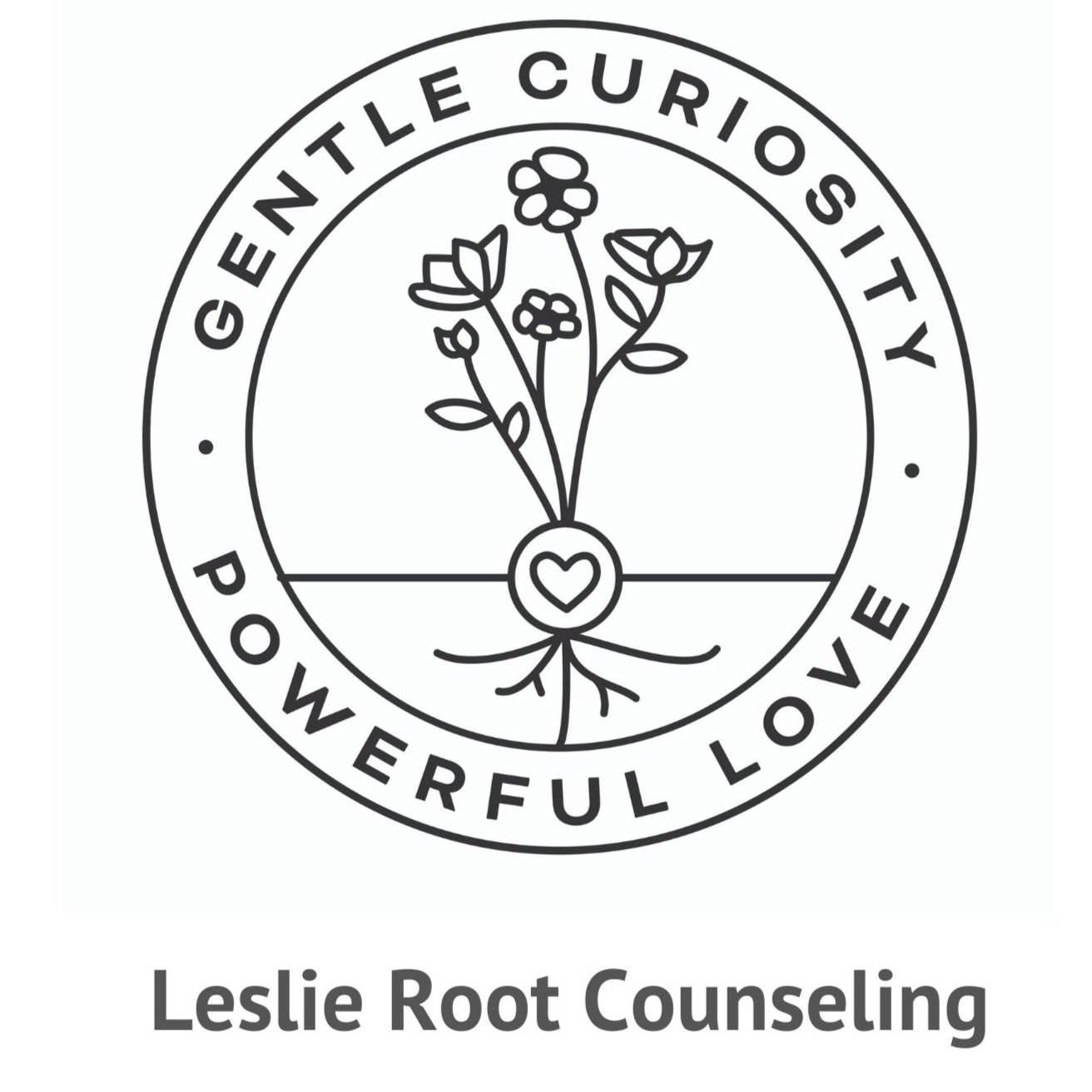Why Trauma Matters
Knowing what trauma is and finding out how it may be affecting you is an important part of therapy. Trauma impacts who we are and how we see the world. Many of the things that brought you to therapy are likely rooted in traumatic experiences. By addressing trauma, we are able to address the root causes of your problems.
Trauma is linked to: all addictions, problematic parenting, depression, anxiety, obesity, chronic disease; the list is endless.
What kinds of experience can be traumatic?
The ability to recognize emotional trauma has changed radically over the course of history. Until recently psychological trauma was noted only in men after catastrophic wars. The women's movement in the sixties broadened the definition of emotional trauma to include physical and sexual abuse of women and children. Now, the impact of psychological trauma has extended to experiences that include
Natural disasters, such as earthquakes, fires, floods, hurricanes, etc.
Physical assault, including rape, incest, molestation, domestic abuse and
serious bodily harmSerious accidents, such as automobile or other high-impact scenarios
Experiencing or witnessing horrific injury, carnage or fatalities
Other often overlooked potential sources of psychological trauma include
Falls or sports injuries
Surgery, particularly emergency, and especially in first 3 years of life
Serious illness, especially when accompanied by very high fever
Birth trauma
Hearing about violence to or sudden death of someone close
Traumatic stress in childhood can be caused by a poor or inadequate relationship with a primary caretaker. Sources of this developmental or relational trauma result from
Forced separation very early in life from the primary caregiver
Chronic mis-attunement of a caregiver to a child's attachment signals ("mal-attachment")
Reasons such as neurological physical or mental illness, depression, grief or unresolved trauma
Neurological disruption caused by experiences in the womb or during birth
Research also shows that emotional trauma can result from such common occurrences as
An auto accident
The breakup of a significant relationship
A humiliating or deeply disappointing experience
The discovery of a life-threatening illness or disabling condition, or other similar situations
Traumatizing events can take a serious emotional toll on those involved, even if the event did not cause physical damage.
TEB and How It Can Heal The Parasympathetic Nervous System
Talk therapy alone is not enough to heal our developmental ruptures or current emotional activation. TEB is a Somatic (or embodied) therapy to support healing at a biophysiological level, from the ruptures created by our earliest relationship experiences. Early ruptures could be related to the level of care our mother’s received while pregnant with us, to experiencing an outside event that negatively impacted our family; such as a fire or a having to move as a result of our caregiver being in financial distress. These events can change the wiring of our bodies and brain, meaning we get locked into ‘survival physiology’. The earlier we experienced the adverse event or micro events, the more likely our survival system was turned on to compensate for increased levels of stress. When the body is already under stress from past events, it prevents us from processing current stressors effectively. Our cost of doing business or Allostatic Load, is too high. Our bodies ability to deal with stress is compromised and our Defensive Accommodations (our bodies attempts to self regulate) show up. These accommodations are often the things that bring us into therapy, they may include but are not limited to: panic attacks, OCD, depression, alcohol abuse, workaholism, sexual acting out, overspending, love addiction, obsessions and/or compulsions, sleep issues, mood instability etc.
So Now What?
The bad news is, these accommodations, or our “stuck in survival” nervous systems do not heal on their own, and talk therapy alone will not change them. When it comes to emotional regulation, the body very much keeps the score! The good news is co-regulation can support and alter our nervous systems in profound ways, aiding in our own trauma processing and healing. When our system has the ability to self regulate, most of us will choose to do just that. TEB therapy is designed to support our nervous systems, and aid in developing the neurobiological tools they need, to have connection with ourselves and others. Providing clients with body based co-regulatory support, allows for our nervous systems to truly have choice in how we respond and engage with others.
EMDR and How It Can Heal Trauma
EMDR (Eye Movement Desensitization and Reprocessing) therapy is a cost-effective, non-invasive, evidenced-based trauma processing therapy that uses bi-lateral (left and right brain) stimulation to process traumatic memories that create problematic symptoms in our day to day lives. EMDR helps us to become "unstuck" processing events and interactions that may have left us confused, depressed and unable to cope with the daily tasks of life and love relationships. Through processing traumatic experiences individuals are able to incorporate new ways of living, interacting and responding to their environments and the people around them.
Healing Your Trauma
Together, we can work together to help care for your trauma and heal past detrimental experiences. Tools we may use in your treatment include: EMDR, TEB body work including treatment of active primitive reflexes, assessing your ACE score and more.
Schedule with Leslie Root Counseling today to find out how we can move forward with healing your trauma.
In addition to EMDR I also use somatic informed trauma processing modules including Alpha-Stim Cranial electrotherapy stimulation.
Alpha-Stim Cranial Electrotherapy Stimulation (CES)
Your brain naturally has electrical currents. The Alpha-Stim cranial electrotherapy stimulation (CES) device delivers a natural level of microcurrent, via small clips worn on your earlobes, through the brain to stimulate and modulate specific groups of nerve cells. The microcurrent is tiny, just millionths of an ampere, and so gentle that most people don’t even feel it. The patented Alpha-Stim waveform, application, and protocols result in significant anxiety relief, mood normalization, and better sleep (both in quality and duration).

